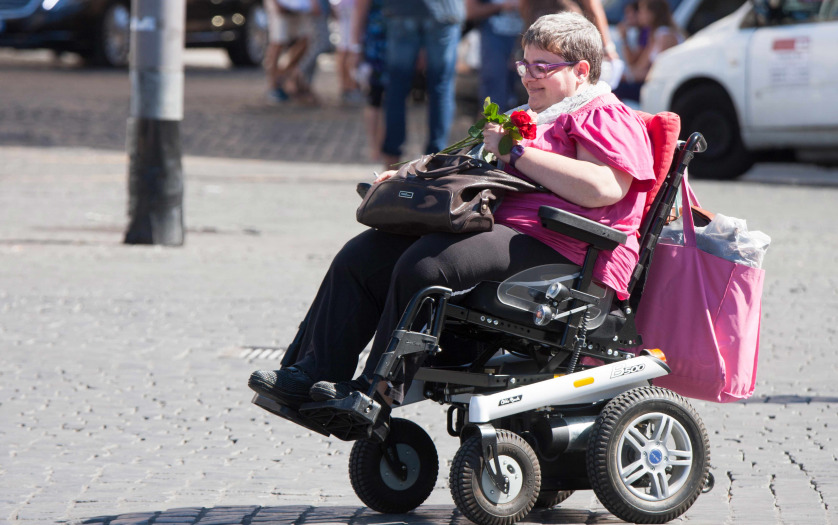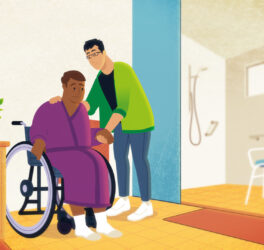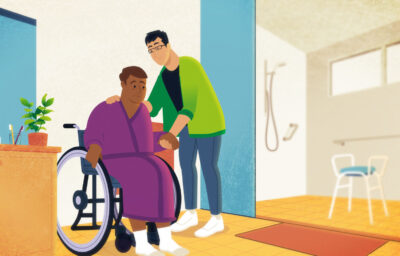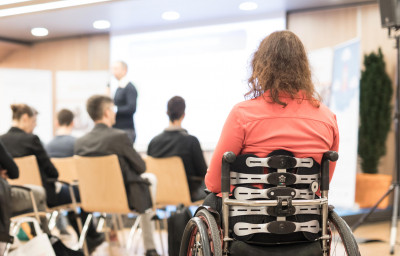
Advocate groups for Australians with disabilities are voicing their concerns over proposed changes to the National Disability Insurance Scheme (NDIS) assessment procedures.
More than 20 disability organizations have asked the federal government to reverse a plan that they say will force people with disabilities to explain their support needs to a stranger in less than three hours, or risk losing their funding.
The proposed changes involve an independent assessment performed by an allied health professional, unknown to the person with disability, for 1-3 hours, to determine if eligibility criteria is met. This will apply to all current NDIS participants and new applicants.
The ‘Every Australian Counts’ website posted a statement from people with disabilities, their families and advocacy groups accusing the government of rushing the “tick-a-box” assessments because of a “desire to cut costs.”
Melanie Tran, 25, who lives with spinal muscular atrophy, said a “third party stakeholder” conducting an assessment would turn her “support needs into numbers.”
“In the three hours, you not only have to get to know the person but you also need to know how their disability impacts them and what support they have around them,” Tran said.
Currently, a person with a disability is required to submit supporting documents from medical professionals and specialists to receive NDIS funding.
Catherine McAlpine, CEO of advocacy group Inclusion Australia, agreed the current NDIS was not as fair or equitable as it could have been and improvements were needed. What she disagreed with was the government re-designing the program without any consultation from people with disabilities.
“This tick-a-box system is a one-size-fits-all model where people will be measured basically about their diagnosis, not about their goals, context and not about the support they really need,” she said.
“The changes fundamentally change the NDIS and the government has made them without consulting with people with disability.”
Ms McAlpine, also the mother of a son with developmental disability, was deeply disturbed that junior allied health professionals are going to be conducting the independent assessments, saying, “Without a lot of knowledge and experience of disability, it’s simply a cost-cutting exercise and not about the fairness and equity that we would like to see in the NDIS.”
NDIS Minister Stuart Robert insisted the introduction of independent assessments will not be cancelled and he rejected accusations that people with disabilities were not consulted on the reforms.
A spokesperson for Minister Robert said the revamps were based on recommendations from reviews and inquiries, including the 2019 Independent Review of the NDIS Act by David Tune.
There are more than 430,000 people using the NDIS, including more than 60,000 children under the age of seven, with the expectation that there will more than 500,000 participants by 2023.








